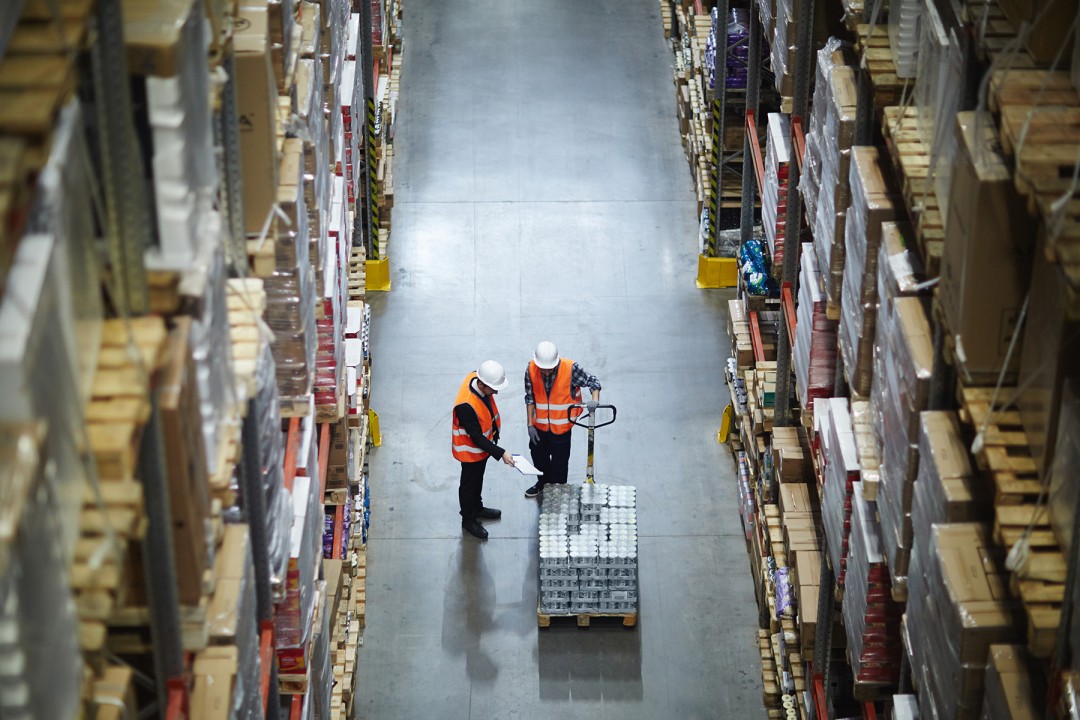Ever trusted someone behind the counter only to later discover they were stealing from the business? Unfortunately, it’s a common story in the retail world. Employee theft might not always make headlines, but it’s quietly draining Australian businesses every year. Studies suggest that up to 30% of business failures are linked to internal theft and fraud.
Whether it’s a few dollars taken from the till or expensive inventory walking out the back door, employee theft hurts financially and emotionally. But the good news? It’s preventable. With the right systems, support, and awareness, you can protect your business and foster a culture of honesty.
Let’s break down why it happens, what red flags to watch for, and how you can stop it before it starts.
🤔 Why Employee Theft Happens in Retail
1. Lack of Supervision or Security
When employees feel like no one’s watching, the temptation can grow. In retail settings with minimal oversight, especially during slow shifts or in understaffed stores, opportunities for theft increase dramatically.
2. Poor Hiring and Training Practices
Hiring someone without checking references or not giving proper onboarding can open the door to future issues. Employees who aren’t trained on policies might not fully understand what’s considered theft or how serious the consequences are.
3. Financial Pressure or Personal Problems
Sometimes, good employees make bad decisions. Whether it’s debt, family stress, or addiction, personal struggles can lead someone to justify stealing, especially if they feel desperate.
4. Toxic Workplace Culture
If staff feel underpaid, undervalued, or mistreated, they may rationalise stealing as a way of “getting back” at the employer. This mindset can be dangerous and contagious if not addressed early.
🚩 Common Types of Employee Theft in Retail
Knowing what to look for can help you nip the issue in the bud.
-
Cash skimming – Taking small amounts from the till before it’s recorded.
-
Sweethearting – Giving unauthorized discounts or free products to friends.
-
Inventory theft – Stealing stock from shelves or backroom storage.
-
Refund fraud – Processing fake returns and pocketing the cash.
-
Time theft – Logging hours for shifts not worked or buddy punching.
🛡️ How Retailers Can Prevent Employee Theft
 1. Implement Clear Policies and Training
1. Implement Clear Policies and Training
Start with the basics. Your team should know what theft looks like, what the company’s policy is, and what the consequences are.
-
Conduct regular onboarding sessions
-
Provide a clear code of conduct
-
Discuss theft policies openly and consistently
Tip: Incorporate theft awareness into monthly team meetings to keep the conversation alive.
2. Install Security Cameras Strategically
Security cameras don’t just capture footage — they deter theft before it happens. Install them in:
-
Cash handling areas
-
Stockrooms and loading docks
-
Employee-only areas
Make sure employees are aware of the cameras — transparency fosters accountability. Learn more about setting up the right surveillance with A4S Security’s CCTV services.
3. Use POS Systems With Audit Trails
Modern point-of-sale systems can track every sale, return, and refund. These audit trails help spot unusual patterns and highlight suspicious transactions quickly.
-
Look for systems that offer detailed reporting
-
Monitor for excessive no-sale transactions or refunds
-
Conduct random audits weekly
4. Create a Whistleblower System
Sometimes, the best insight comes from fellow staff members. Create a safe, anonymous way for employees to report suspicious behaviour without fear of retaliation.
-
Offer a secure tip-off box
-
Partner with HR or third-party reporting platforms
-
Communicate that all reports are taken seriously and followed up on
5. Limit Access and Assign Responsibilities Wisely
Not everyone needs access to the safe, storeroom, or management login. Limit access based on job role and implement dual controls for sensitive tasks.
For example:
-
Two-person verification for large refunds or cash counts
-
Rotating job duties to avoid routine blind spots
-
Keycards or digital logs for access to high-value areas
6. Hire a Professional Security Partner
Having external support ensures your policies are enforced consistently and professionally. Companies like A4S Security specialise in retail security solutions, offering services like:
-
Mystery shoppers and undercover security
-
CCTV monitoring and alarm systems
-
On-site security guards trained in theft prevention
This proactive approach sends a strong message — your business takes security seriously.
✅ Conclusion: Prevention Is Always Better Than Cure
Employee theft may never be 100% avoidable, but it’s manageable with the right systems in place. By fostering a transparent culture, investing in smart security, and paying attention to warning signs, you’ll protect not only your bottom line but your workplace morale too.
If you’re ready to put a stop to internal theft and tighten your store’s security, get in touch with A4S Security today. We’ve helped dozens of Australian retailers create safer, smarter environments — and we’d love to help you next.
❓ Frequently Asked Questions
Cash skimming and sweethearting (giving unauthorized discounts to friends) are among the most common forms in Australian retail stores.
Look for signs like inconsistent cash counts, high refund rates, or suspicious behaviour near stock areas. Surveillance footage and POS audits often reveal patterns.
Yes — small businesses typically have fewer resources for surveillance and may rely more heavily on trust, making them prime targets for internal theft.
In Australia, yes, but you must follow privacy regulations. Staff should be informed about monitoring, and cameras should not be placed in private spaces like bathrooms or change rooms.
It’s best to gather clear evidence first. Consider conducting a discreet internal investigation or consulting a professional security company like A4S Security for guidance.
 1. Implement Clear Policies and Training
1. Implement Clear Policies and Training